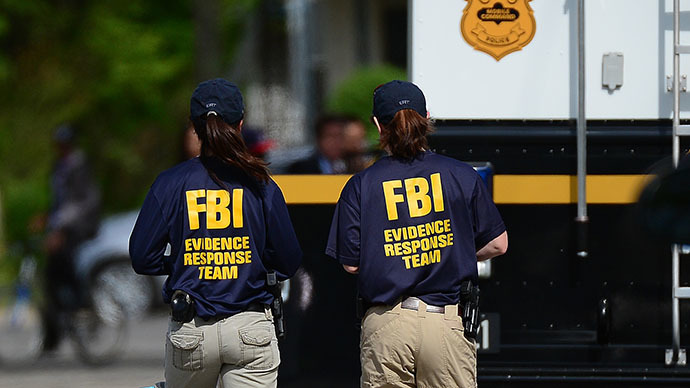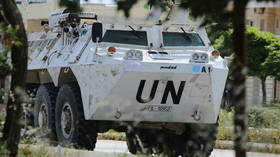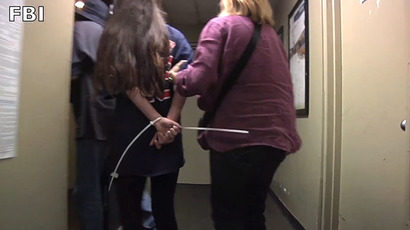FBI allowed even more crimes in 2012 than in previous year

The FBI allowed its informants to break the law in 2012 on even more occasions than it did the previous year, according to a new report.
In a letter sent to the US Justice Department, FBI officials revealed that their nationwide offices permitted at least 5,939 instances of law violations during 2012. The letter was obtained by the Huffington Post via a Freedom of Information Act request, and the numbers represent a five percent increase from 2011’s officially sanctioned crimes.
In August, a separate FBI report obtained by USA Today showed that informants were allowed to break the law at least 5,658 times in 2011, ranging from violations such as acts of violence and selling drugs to bribing government officials.
The new report did not categorize the types of crimes that were authorized, nor did it detail how many crimes were permitted by each field office.
Although the FBI does not consider these actions ideal, officials have said before that it is simply part of the process by which they investigate criminal organizations.
"It sounds like a lot, but you have to keep it in context," former top FBI official Shawn Henry told USA Today in August. "This is not done in a vacuum. It's not done randomly. It's not taken lightly."
When RT reported on the FBI-sanctioned crimes in 2011, we found that the FBI document indicated that the violations were Tier I and Tier II infractions.
According to the Justice Department, a Tier I violation is “any activity that would constitute amisdemeanoror felony under federal, state, or local law if engaged in by a person acting without authorization and that involves the commission or the significant risk of the commission of certain offenses, including acts of violence; corrupt conduct by senior federal, state, or local public officials; or the manufacture, importing, exporting, possession, or trafficking in controlled substances of certain quantities.”
Meanwhile, a Tier II crime covers the same range of crimes but is carried out only with the permission of a senior FBI field manager - not that of a federal prosecutor.
Ever since it was revealed that Boston mobster James “Whitey” Bulger was allowed to continue running his crime ring in exchange for other information, the FBI has been required to document the criminal activity it authorizes. But while the FBI has done this for over a decade, other law enforcement agencies – the Drug Enforcement Administration and the Bureau of Alcohol, Tobacco, Firearms, and Explosives – still do not.














